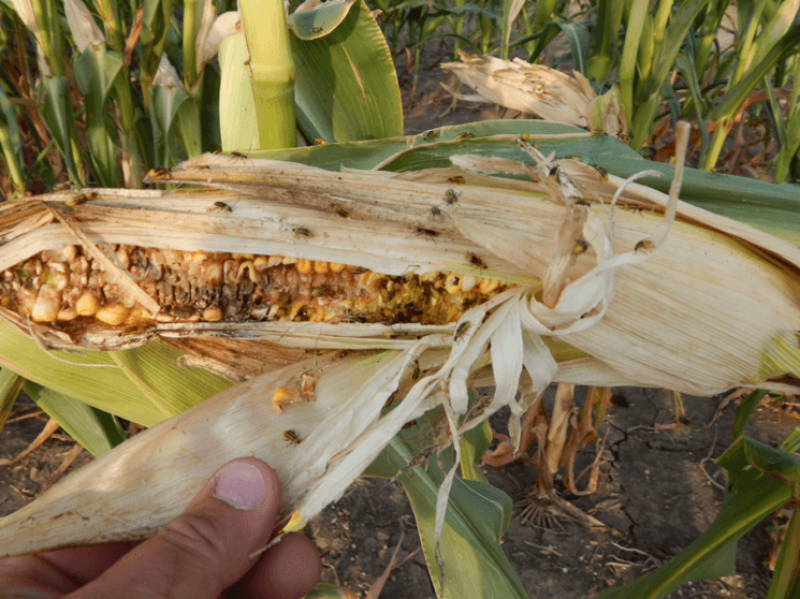[Editor’s note: Greg Jaffe is the Director of the Project on Biotechnology for the Center for Science in the Public Interest.]
The United States Department of Agriculture (USDA) has been regulating genetically engineered (GE) crops to ensure that they are not harmful to our agricultural system for over 20 years. USDA regulates those crops based primarily on the technique used to introduce the new gene, and its oversight is not proportional to the potential risk of the introduced trait. More recently, it has applied that same system to gene-edited crops. Instead, USDA needs to establish a science-based regulatory system for both GE and gene-edited crops, in which the degree of oversight, if any, is determined by the potential risk of the engineered or edited crop’s new characteristic.
…
USDA should regulate GE and gene-edited crops proportionally based on their potential risks to agriculture and/or the environment. Such a system would not regulate solely based on how the product was made or the inclusion of plant-pest DNA, but rather primarily on the newly introduced characteristic. Simple gene deletions that produce phenotypes (or genotypes) found in nature might only get minimal or no oversight, while the introduction of an herbicide-resistance gene might be regulated with risk-management conditions that delay the development of resistant weeds.
The GLP aggregated and excerpted this blog/article to reflect the diversity of news, opinion, and analysis. Read full, original post: Biotech Blog: USDA Should Establish a Science-Based Regulatory System to Address Genetically Engineered and Gene-Edited Crops































